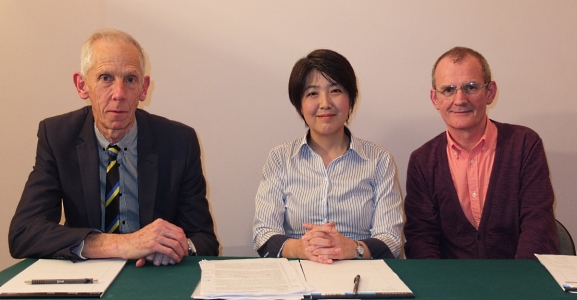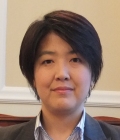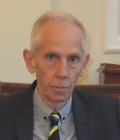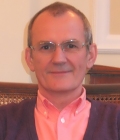 Seminar Series 2015
Seminar Series 2015Friday 16 October 2015
6:00pm – 7:30pm
Sexual Diversity in the UK and Japan
Drinks reception from 7:30pm
13/14 Cornwall Terrace, Outer Circle (entrance facing Regent's Park), London NW1 4QP
Organised by The Daiwa Anglo-Japanese Foundation
Japan has a long history of sexual diversity; homosexuality appears to have been fairly common among Buddhist monks, while samurai warriors also often took male lovers. But during modern times the LGBT (Lesbian, Gay, Bisexual, Transgender) community has for the most part kept itself out of the limelight. The world of showbiz is to some extent an exception, and transgender personalities in particular are not uncommon on TV “talent” shows, though of course transvestitism is not necessarily linked to sexual orientation. (The prevalence of transgender people featuring in the world of Japanese entertainment may have its roots in traditional theatrical forms like Noh and Kabuki, in which female parts were played by men, and the parallel all-female Takarazuka Revue, founded in 1913.)
But although there are some signs of change (Shibuya Ward, in Tokyo, recently announced that it would formally recognise homosexual partnerships), Japanese society appears less tolerant of sexual diversity than the UK. By contrast, after allowing civil partnerships in 2004, England, Wales and Scotland have also legalised same-sex marriage in the past couple of years. Discrimination based on sexual orientation and gender reassignment is for the most part banned by law in the UK, though LGBT individuals still face some challenges in practice.
The seminar discussed the nature of discrimination and prejudice against lesbians, gay men and bisexuals; why such homophobia has existed in nearly every society throughout history; its recent manifestations and the possible psychological and social mechanisms that underlie it.
Kanako Otsuji also lectured on the same topic at the University of Edinburgh and the University of Zurich, organized by Professor Matthias Zachman and Professor David Chiavacci, respectively.
You can watch a recording of the annual seminar, held at the Foundation, here:
About the contributors

Kanako Otsuji
Kanako Otsuji is a Japanese LGBT rights activist and former member of the House of Councilors of the National Diet of Japan. She was also a member of the Osaka Prefectural Assembly (April 2003–April 2007). One of only seven women in the 110-member Osaka Assembly, Otsuji represented the Sakai-ku, Sakai City constituency. From May to July 2013, Otsuji was Japan’s first openly homosexual member of the Diet, after taking over from the seat from a retiring member. She is currently the Director of the LGBT Policy Information Center of Japan, which is based in Osaka.

Michael King
Michael King is Professor of Primary Care Psychiatry in the Division of Psychiatry at University College London and is co-director of PRIMENT, and NIHR registered Clinical Trials Unit. He is a psychiatric epidemiologist who has a particular interest in the design and conduct of randomised trials of complex mental health interventions in primary and secondary care. He has studied the health and well-being of lesbian, gay and bisexual (LGB) people for over 25 years. This has included research into AIDS and HIV; the mental health of LGB people; the history of attempts to treat homosexuality and the role of psychotherapists with LGB people.

Stephen Dodd (Chair)
Stephen Dodd is Professor of Japanese Literature at SOAS, University of London. He lectures on various aspects of modern Japanese literature, including women’s writing, the development of a modern self-identity, and literary representations of the city. Professor Dodd holds two Bachelors degrees in Chinese and Japanese Studies from the University of Oxford, and a PhD in Japanese Literature from Columbia University.